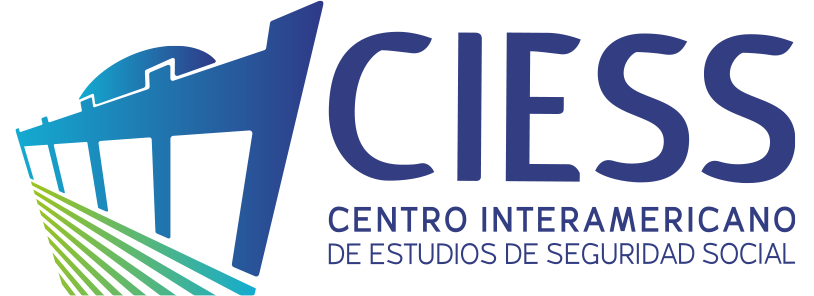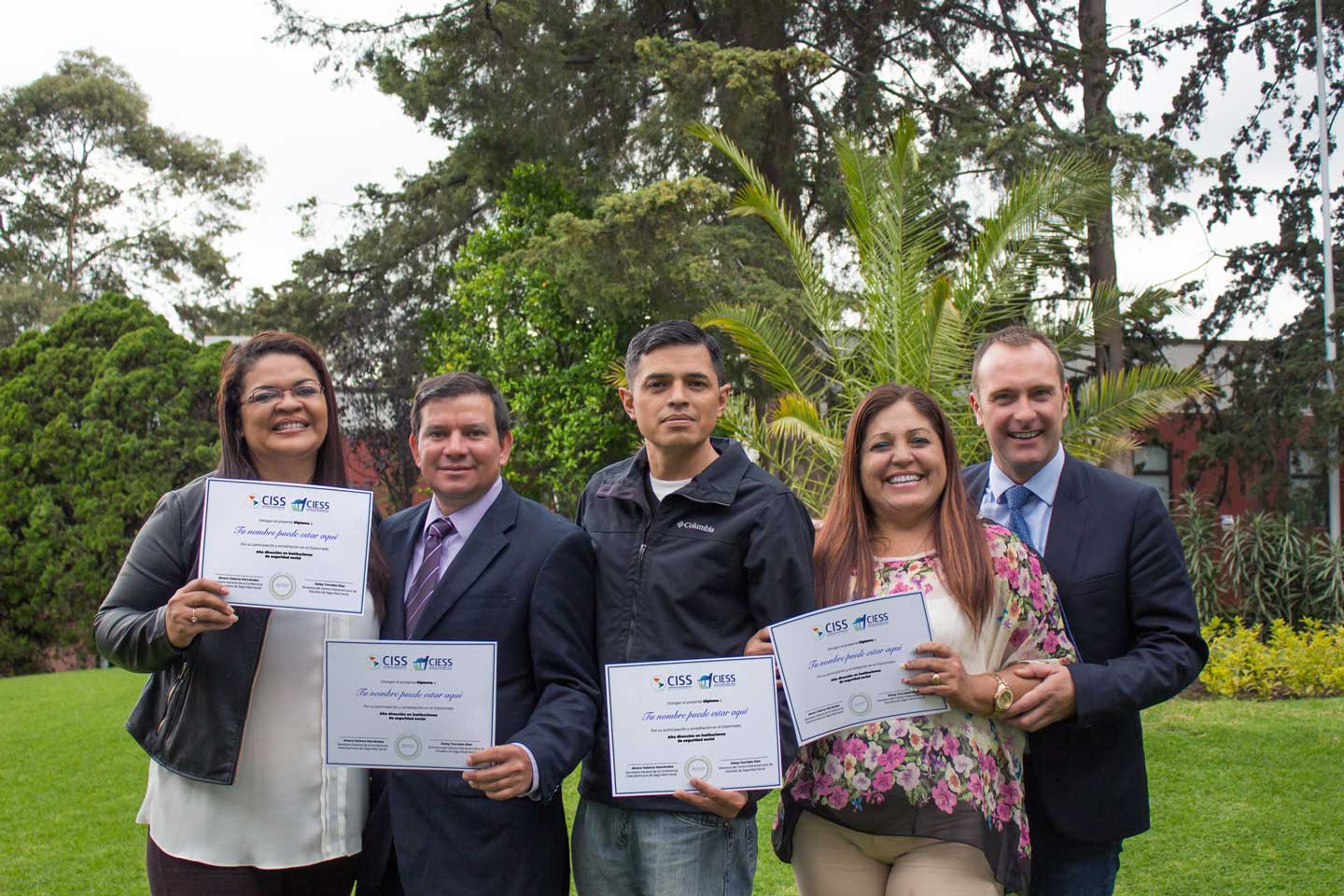Información importante
La fecha límite para inscribirse es un mes antes del inicio de la actividad académica. Las inscripciones se cerrarán antes si se alcanza el cupo máximo y se considerará para la asignación de las becas disponibles:
- El cumplimiento de los requisitos señalados en cada programa.
- El envío de la documentación completa.
- La fecha de postulación.





